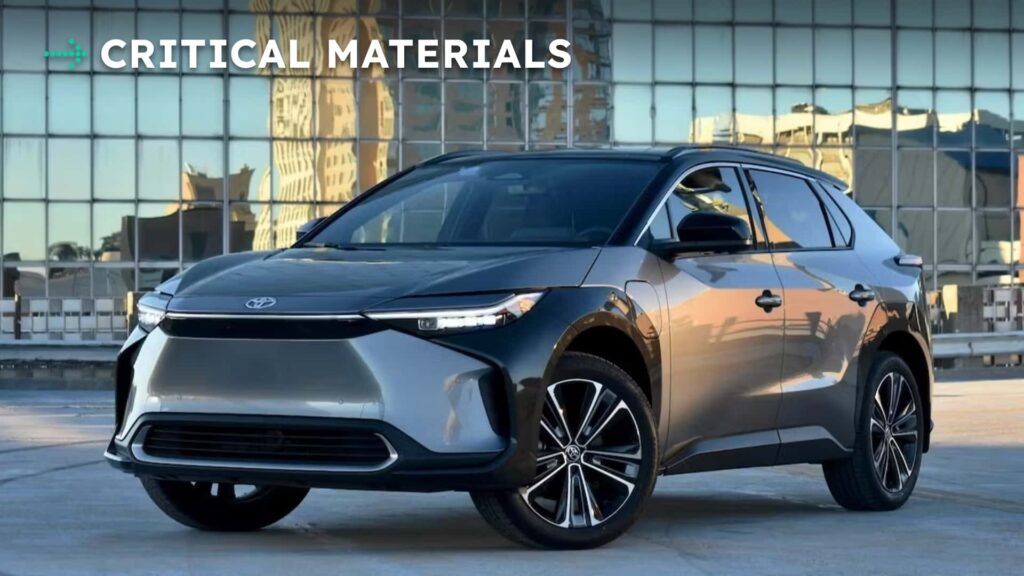The concept of “entrenchment” in the automotive industry, particularly in the United States, has long been a topic of discussion. The reliance on traditional car companies for mobility needs has led to a sense of complacency and resistance to rapid change. However, with the emergence of electric cars, software-defined vehicles, and the growing influence of China’s auto sector, this status quo is being challenged.
As the United States scales back its support for electric vehicles, the landscape for automakers is shifting. The market is expected to slow down, while regions like China and Europe are accelerating their adoption of EVs. Even President Donald Trump has shown an interest in hybrid cars, signaling a shift in consumer preferences.
Automakers now face the reality that they cannot afford to back off from electrification. The future of the industry lies in developing competitive electric products that can stand on their own without relying on tax incentives. While the withdrawal of incentives may disrupt the industry, it is a necessary step towards progress.
Industry experts emphasize the importance of delivering compelling electric vehicles at competitive prices to attract a wider customer base. The shift towards electrification is inevitable, and automakers must adapt to remain competitive in the global market.
Companies like Toyota, Honda, Hyundai, Kia, Rivian, GM, and Ford are all making strides in the EV market, with some facing challenges while others receive support from strategic partnerships. The future of the industry hinges on which automakers can navigate the changing landscape effectively.
In China, Xiaomi has emerged as a key player in the EV market, with its YU7 and SU7 models drawing comparisons to what the Apple Car could have been. Xiaomi’s success can be attributed to its focus on affordability, technology, and strategic investments in talent and supply chain management.
Meanwhile, Tesla CEO Elon Musk’s recent foray into politics has raised concerns among investors. His involvement in political issues has led to fluctuations in Tesla’s stock prices, highlighting the challenges of mixing business with politics.
As the automotive industry navigates through these changes, the key question remains: which automaker will succeed in the EV market even without tax credits? The future of the industry will be shaped by those who can adapt to the shifting landscape and deliver innovative electric vehicles that meet the demands of consumers.

